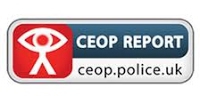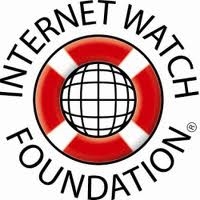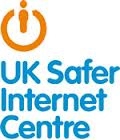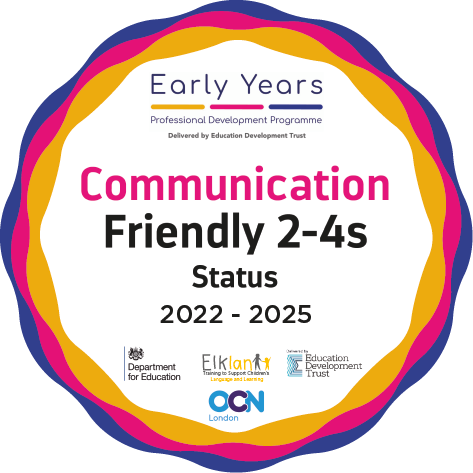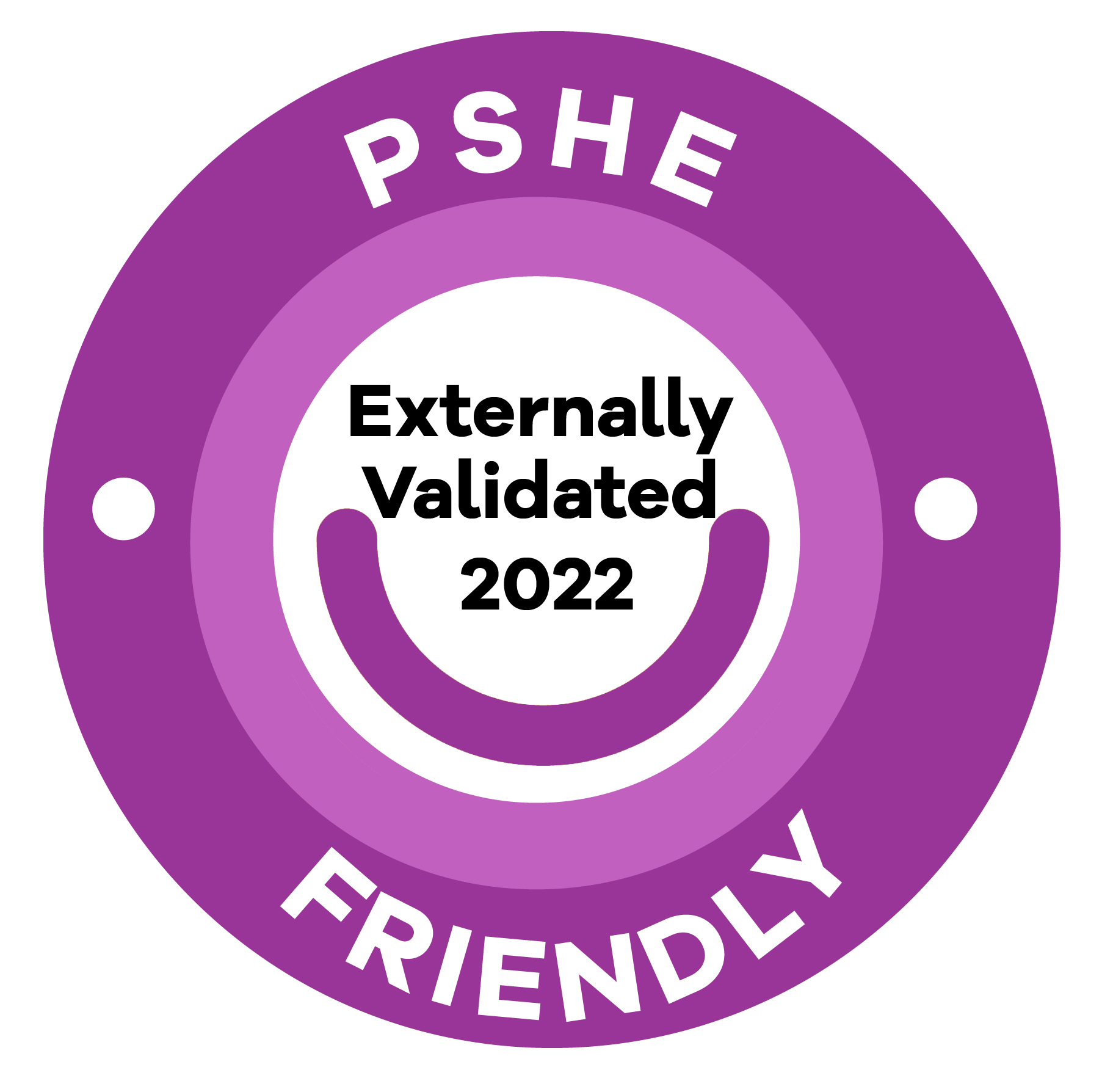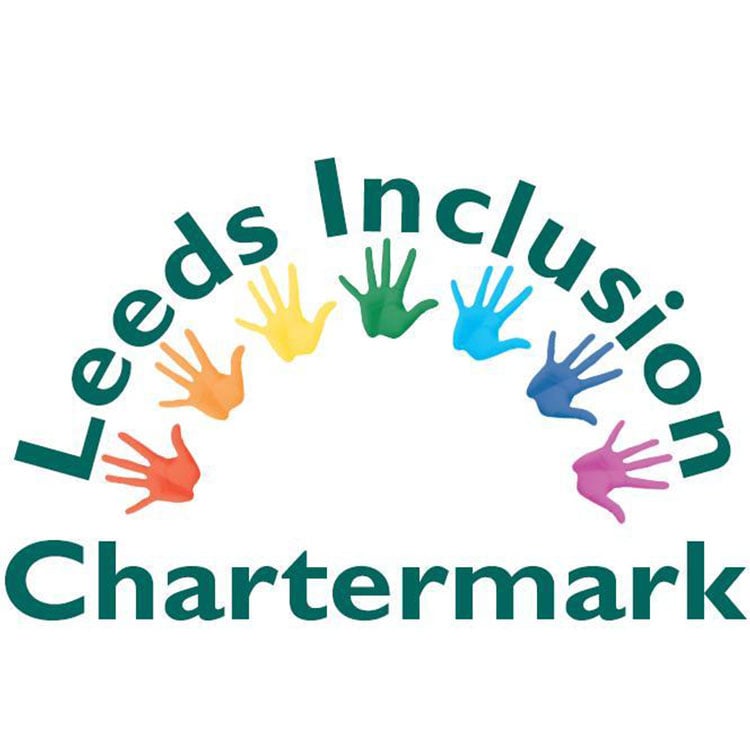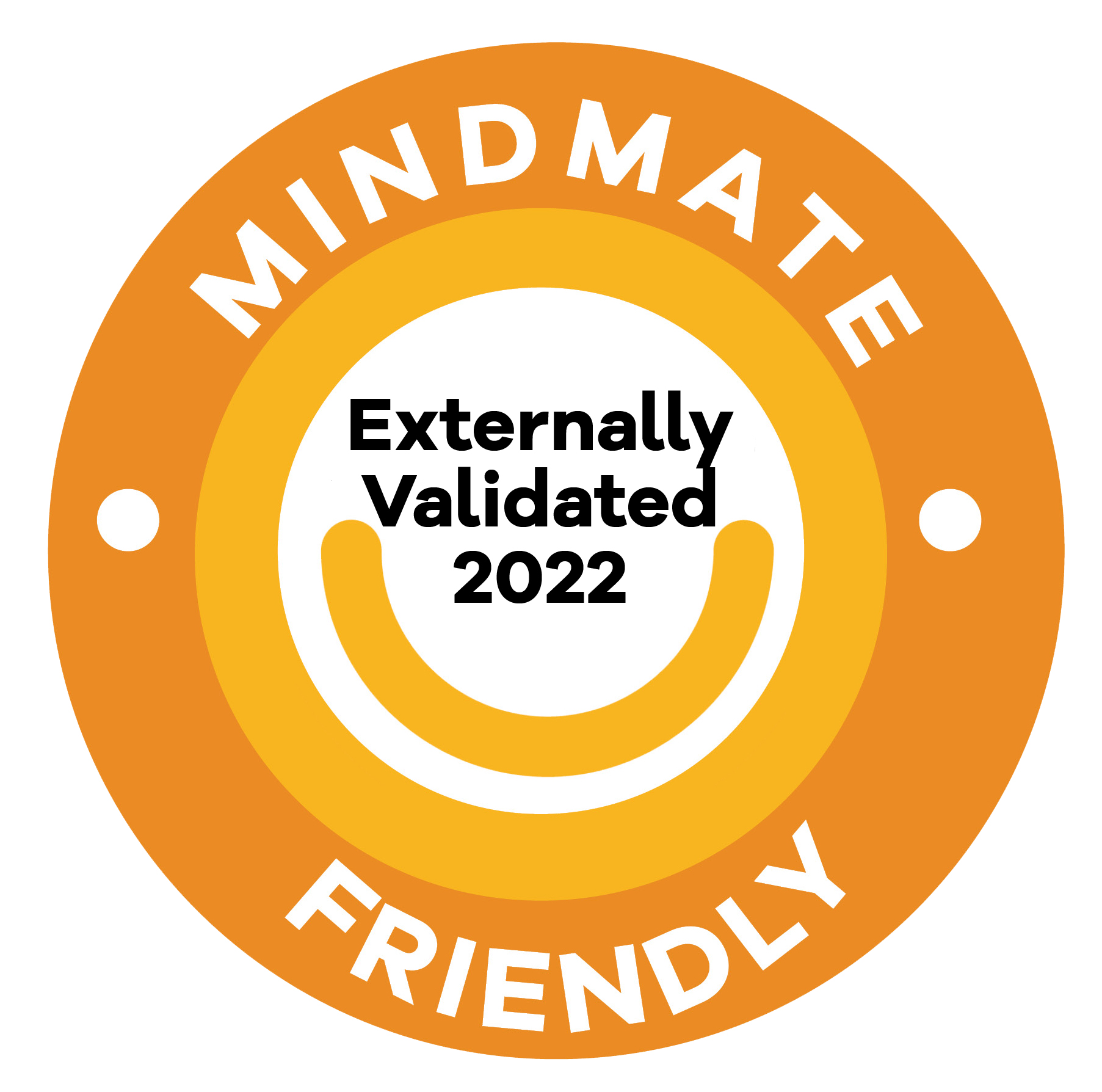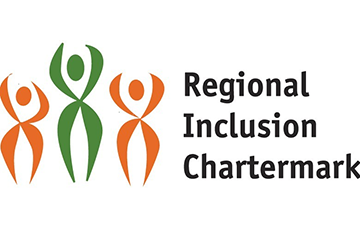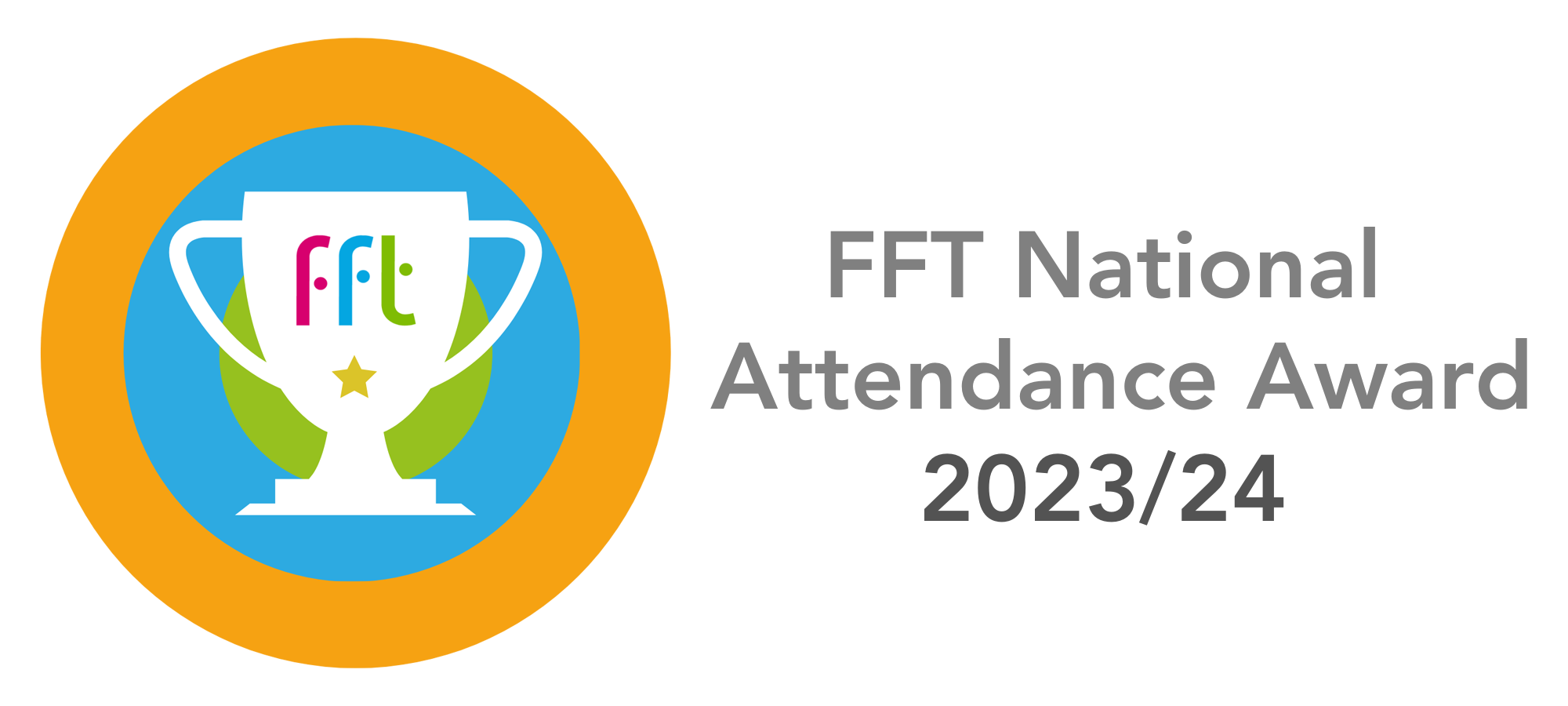E-safety
What is e-safety?
E-safety is about the protection of children whilst they are using the Internet and digital technologies such as mobile phones, games consoles and wireless technology. It highlights the need to educate children and young people about the benefits, risks and responsibilities of using information technology.
E-Safety at Shakespeare
All children are taught about how to be safe online whenever they use the computers or iPads in School. Children should be supervised at all times when playing online games or using chatrooms or other social media, particularly if these could involve people they do not know.
Our Shakespeare DB Primary site allows children to work and communicate in a safe and secure environment, accessible only by pupils and staff at Shakespeare. However, if a child should be made to feel sad, scared or unsafe by anything they have seen or received on DB Primary, they can click the golden whilstle button in the top left corner of every page. Clicking this button notifies your child's class teacher and our safeguarding team and helps us make sure children stay safe online.
E-safety, or online safety, is a vital part of our teaching of computing. Each half term, our computing lessons start with a particular focus on keeping safe online. Our E-safety progression document details the lessons that each year group learn and can be found at the bottom of this page. We embed these key messages of online safety across the curriculum, whenever children use technology. Keeping children safe is the most important thing we do in school. Being safe online is more vital now than it ever has been, given the amount of technology our children have access to.
For our E-Safety lessons, we use planning and resources from Project Evolve, which is designed to empower pupils to think critically, behave safely, and participate responsibly in our digital world.
Each child receives a username and password for their DB Primary and Times Tables Rockstars (TTRS) accounts. These should be kept safe and not shared, even with siblings or friends.
To see our e-safety policy click here.
To see our Computing E-Safety Progression click here.
In light of recent media coverage about social media applications and websites such as Snapchat and Roblox, we recommend that all parents read the NSPCC Parents' guide to being Share Aware. Clear and effective online safety guidance for parents can also be found here: parentinfo.org
For further support with keeping your child safe online, please read the information collated below.
Reporting issues
There are a range of organisations around the world set up especially to handle reports of suspected online child abuse or illegal online content and you can find out about these organisations and how they can help you by selecting the links below.
|
Has someone done something online that has made you or a child or young person you know, feel worried or unsafe? |
|
|
IWF are the UK Hotline for reporting criminal online content and work with the Internet industry, police and international partners to get criminal content removed. Reports to the IWF are confidential and can be submitted anonymously. Your report to the Hotline may help to trace and rescue a young victim from further abuse. |
Useful Links
If you have any worries or concerns about e-safety and your children and you cannot find suitable help on the above websites then please contact School and we will arrange for you to speak with a member of staff.
